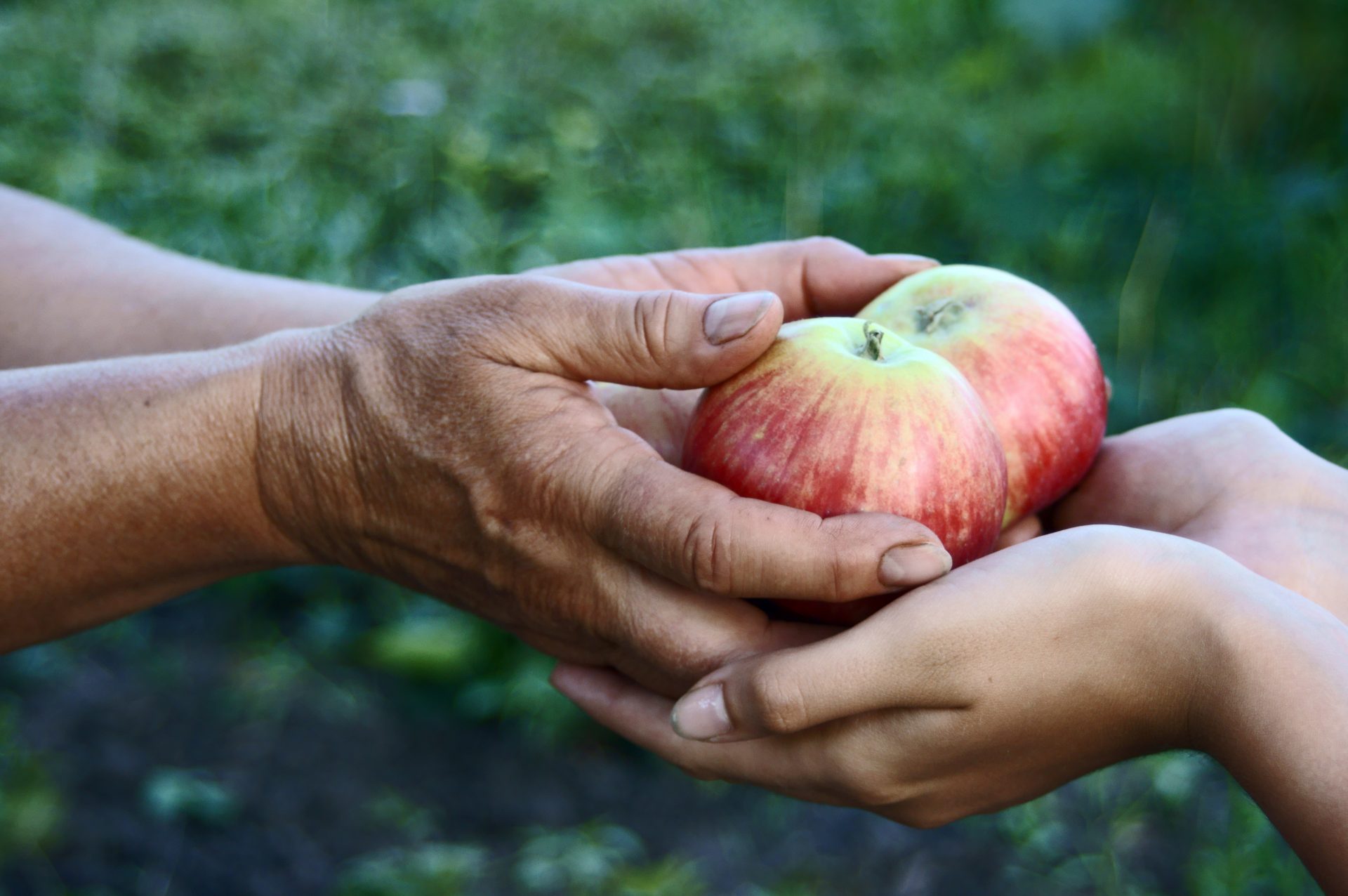CRISPR-Cas technology allows obtaining new plant varieties simply and safely through gene editing. The rights granted by Wageningen University & Research for non-commercial use could have interesting applications in increasing crop yields and plant resilience to extreme conditions such as heat and drought.
During the new academic year’s opening ceremony, Wageningen University & Research (WUR) announced its intent to give away for free five of its CRISPR-Cas intellectual property licenses, jointly owned with Dutch Research Council (NWO). Non-profit organisations will be able to use Wageningen University & Research’s CRISPR–Cas gene-editing technology through free licenses for non-commercial applications. Aiming to put such technology within reach of non-profit organisations operating in low-income countries, the Dutch research institution hopes that this generous move will help inspire a worldwide change in CRISPR–Cas intellectual-property policy.
CRISPR–Cas technology could make it possible to breed new varieties of plants that are more nutritious and more resistant to drought and pests. As the institution’s President, Professor Louise Fresco, put it: “We hope this contributes to healthier, more sustainable, equitable, affordable and resilient food production for all. (…) Two billion people face inadequate nutrition around the world. Nearly all of them are also vulnerable to the effects of climate change. So we need a transformation to healthier, more sustainable, equitable, affordable and resilient food systems.”.
Wageningen University & Research is among the first institutions granting free licences for proprietary CRISPR–Cas technology. The growing world population and the consequences of climate change on agricultural productivity make it essential to research and develop new methods to improve crop yields. Such developments could also help reduce the environmental impact of agriculture and achieve the sustainability objectives set out in the European Green Deal.
Wageningen University & Research expect that the benefits of sharing their knowledge with non-profit organisations will be mutual. They could, in turn, be able to learn from partners who will apply the technologies through their free licenses, as stated by Professor Fresco: “Together, we could change the way we deal with food security around the world. This is why we are confident about giving away this knowledge, in the spirit of the Open Science movement: to make publicly available what has been funded with public money.”.
Back in July, Professor Fresco chaired “Beyond the Apple of Discord: Changing our Agri Culture.“, an event organised to present two reports resulting from the work of Re-Imagine Europa’s Task Force on Sustainable Agriculture and Innovation. This move by Wageningen University and Research is in keeping with Re-Imagine Europa’s aim of proposing innovative and cooperative approaches in dealing with new generation technologies to promote their equitable use.




